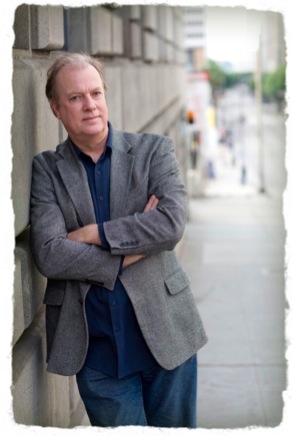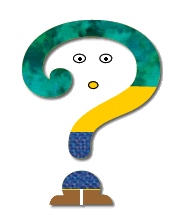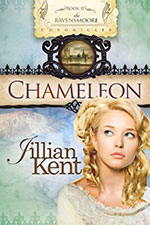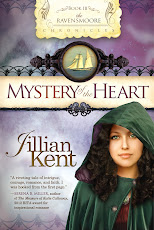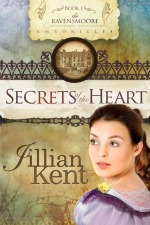Please welcome Debra Marvin who will take you on a tour of The War of 1812 and will return in two weeks on October 9th with a discussion on naval vessels which is sure to be fascinating.
Thank you for inviting me into your drawing room, Jillian!
Depending on what decade…or century your readers hale from, I’m obsessing about a little event called The War of 1812, or the Anglo American War. Right now, History buffs in Canada and the U.S are commemorating that period in history.
I feel its odd to say ‘celebrate’ when we talk of war, don’t you?
In 1812, President James Madison and many Washington insiders were for war. Britain was ignoring our sovereignty as a nation by telling us who we could and could not trade with. Other reasons for Madison’s declaration of war included: impressment of American sailors and privateers into service for His Majesty’s Navy, Britain’s arming of the Native population, or First Peoples, in the northwest (Ohio valley and western Great Lakes) and …
not so altruistic, the desire by some to gain Canada’s vast reserves of natural resources.
“WarHawks” were ready to take over the continent and there was little to stop them. Or so they thought. Wouldn’t Canadians want to be out from under the monarchy too? And what better timing? Britain was very busy with Napoleon on the Continent.
This year, I’ve been researching sea and land battles, politics of the time, uniforms, army and naval strategy, and life set against the Regency/Federalist period on both sides of the conflict.
I’ve visited three reenactments this year around the Great Lakes and Niagara frontier and just last week took a day sail on the US Brig Niagara. I’m digging in deep for my next series, and loving all the amazing opportunities.
While many Americans know little of this period, or care even less, Canada celebrates the War of 1812 as a turning point in their national identity. War with Britain for the United States became war with our good neighbor Canada.
Canadian citizens, as subjects of King George, had to take a stand. With so few British soldiers available, it was local militia, Native allies, and various groups banding together by ancestry that capably supplemented the British Regulars. Standing together against the invading U.S. forces bonded these wide spread people together on their great wild land.
Similarly, the eventual successes of the United States’ small army and even smaller navy against the greatest army and navy in the world created a national pride in a divided nation. At one point, strong Federalist sentiment in New England threatened a secession because they couldn’t abide or support the war efforts. Enter Francis Scott Key and his poem The Star-Spangled Banner, and a few American victories. Just in time to save the union!
What do you think of these bumper stickers: “We won the War of 1812” and there’s a U.S version and a Canadian version, sold next to each other on the shelf! I guess the jury is still out on that.
By 1815 The British had already stopped their practice of impressing seaman but it was the Treaty of Ghent that officially ended the war. Too bad it took months before the fighting stopped. Nothing really changed – no gains or losses other than the human toll.
I hope you enjoy my photos and (warning) I’m happy to chat about the War of 1812. I post about it on my group blog Inkwell Inspirations as the War of 1812 Groupie, and my facebook and twitter accounts are thick with history. I’d love to hear from you.
 Debra E. Marvin tries not to run too far from real life but the imagination born out of being an only child has a powerful draw. Besides, the voices in her head tend to agree with all the sensible things she says. Debra likes to write, weed and wander and is blessed to have the best family and friends in the world. She has decided she needs to live closer to her grandchildren. She’s thankful each day that God is in control, that He chooses to bless us despite ourselves and that He has a sense of humor. Her work has finaled in the TARA, Great Expectations, Heart of the Rockies, Maggie, Rattler and most recently, the Daphne DuMaurier for the second time. Not too bad considering she’s trying a mashup of gospel and . . . gothic.
Debra E. Marvin tries not to run too far from real life but the imagination born out of being an only child has a powerful draw. Besides, the voices in her head tend to agree with all the sensible things she says. Debra likes to write, weed and wander and is blessed to have the best family and friends in the world. She has decided she needs to live closer to her grandchildren. She’s thankful each day that God is in control, that He chooses to bless us despite ourselves and that He has a sense of humor. Her work has finaled in the TARA, Great Expectations, Heart of the Rockies, Maggie, Rattler and most recently, the Daphne DuMaurier for the second time. Not too bad considering she’s trying a mashup of gospel and . . . gothic.
 Debra E. Marvin tries not to run too far from real life but the imagination born out of being an only child has a powerful draw. Besides, the voices in her head tend to agree with all the sensible things she says. Debra likes to write, weed and wander and is blessed to have the best family and friends in the world. She has decided she needs to live closer to her grandchildren. She’s thankful each day that God is in control, that He chooses to bless us despite ourselves and that He has a sense of humor. Her work has finaled in the TARA, Great Expectations, Heart of the Rockies, Maggie, Rattler and most recently, the Daphne DuMaurier for the second time. Not too bad considering she’s trying a mashup of gospel and . . . gothic.
Debra E. Marvin tries not to run too far from real life but the imagination born out of being an only child has a powerful draw. Besides, the voices in her head tend to agree with all the sensible things she says. Debra likes to write, weed and wander and is blessed to have the best family and friends in the world. She has decided she needs to live closer to her grandchildren. She’s thankful each day that God is in control, that He chooses to bless us despite ourselves and that He has a sense of humor. Her work has finaled in the TARA, Great Expectations, Heart of the Rockies, Maggie, Rattler and most recently, the Daphne DuMaurier for the second time. Not too bad considering she’s trying a mashup of gospel and . . . gothic.








